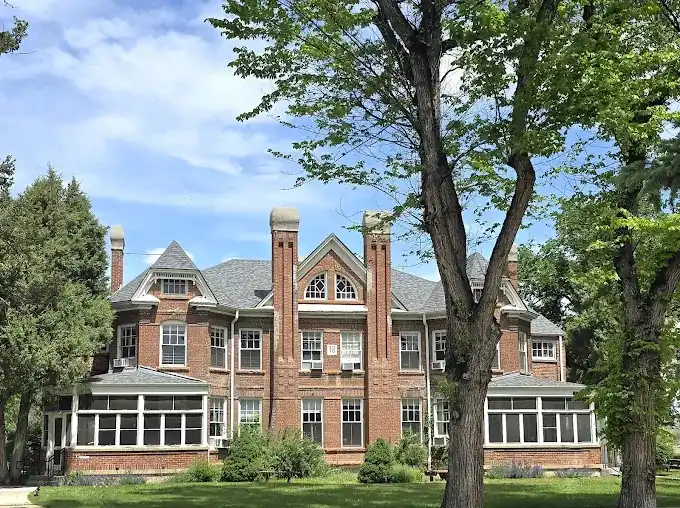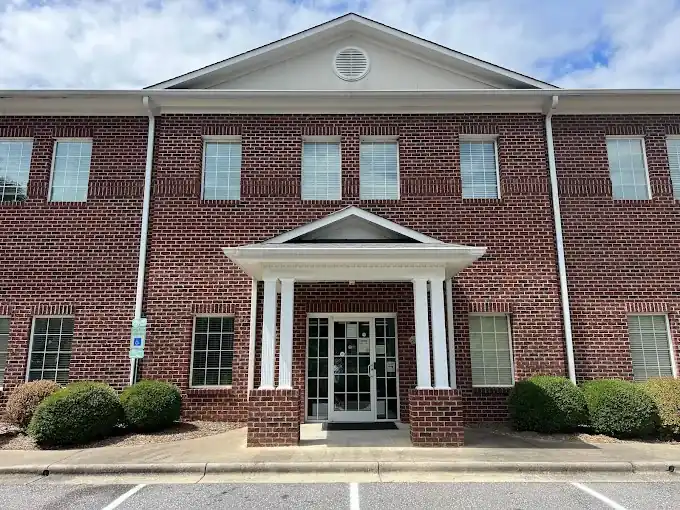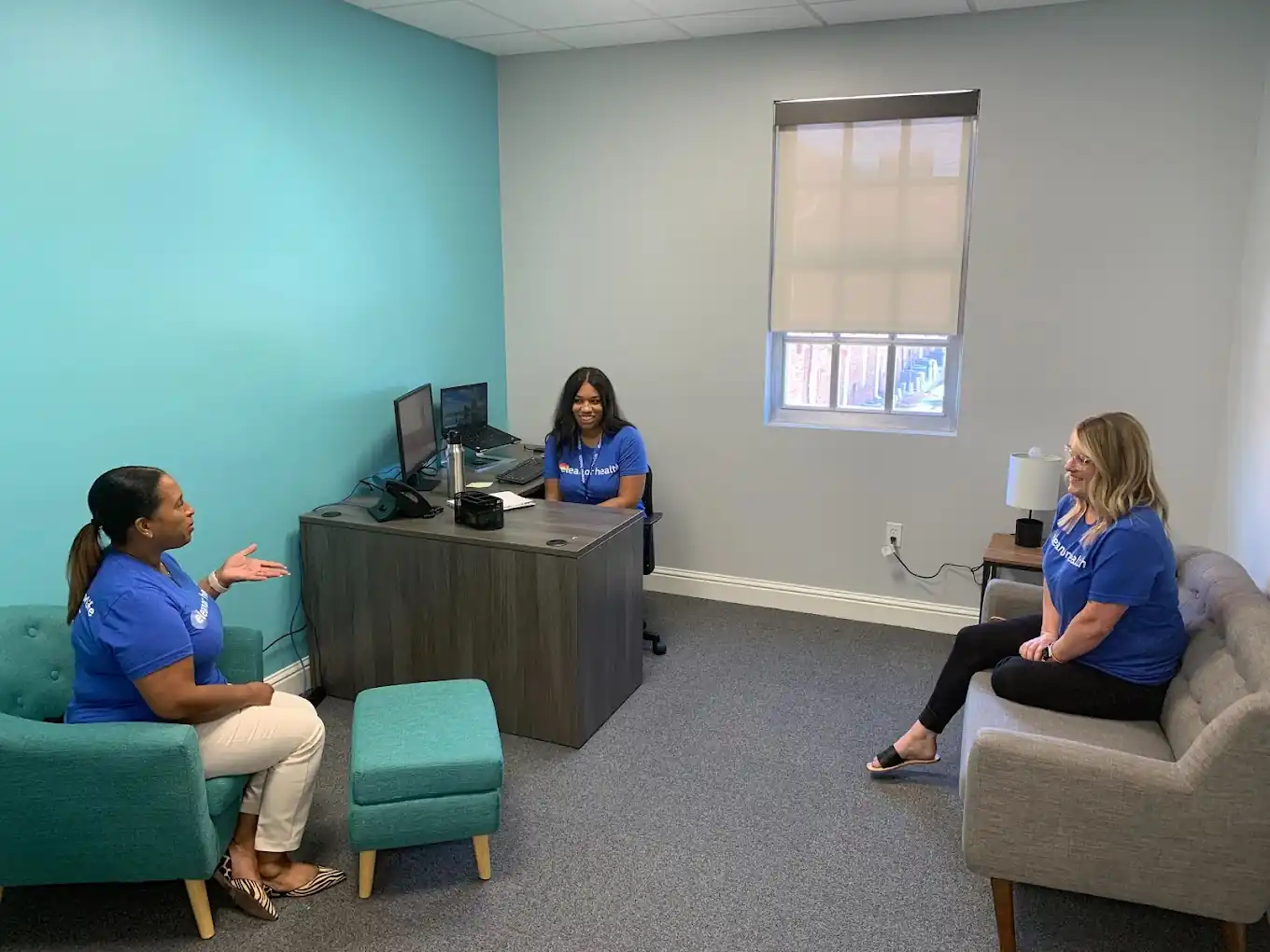Food Addiction Recovery Support
You’re not out of control. You’re trying to comfort yourself, and you deserve healing, not shame.
At TruPaths, we know food addiction is about more than food. It’s about soothing, survival, and sometimes silence. Maybe it started in childhood. Maybe it’s connected to trauma, anxiety, or body image. But no matter how it began, we believe recovery starts with one powerful truth: You are not broken. You are worthy of peace, nourishment, and love.
Whether you're struggling in secret or trying to support a loved one, this page is here to help, without judgment.









"Food was my comfort, my reward, my escape, but it was also my prison. Recovery taught me that I’m worthy of nourishment, not punishment."
— Recovered individual, age 42